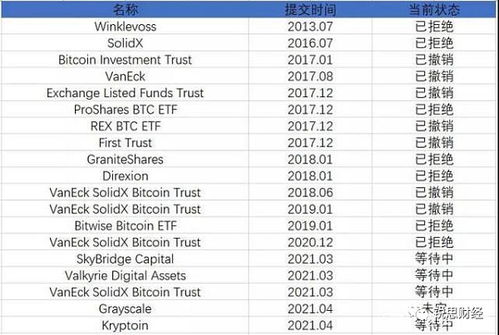Introduction to Cryptocurrency Project Abbreviations

The world of cryptocurrency is vast and ever-evolving, with numerous projects and initiatives emerging daily. To navigate this complex landscape, it's essential to understand the common abbreviations used to refer to various cryptocurrency projects. In this article, we will delve into the significance of these abbreviations and provide an overview of some of the most frequently encountered ones.
Understanding Cryptocurrency Abbreviations

Cryptocurrency abbreviations are concise representations of project names, making it easier to discuss and reference them in various contexts. These abbreviations often consist of the first letters of the project's name or a combination of letters that are easy to remember. They are particularly useful in online forums, social media, and technical discussions where brevity is key.
Common Cryptocurrency Project Abbreviations

Here are some of the most common cryptocurrency project abbreviations and their corresponding full names:
1. BTC - Bitcoin
Bitcoin, often referred to as BTC, is the first and most well-known cryptocurrency. It was created by an anonymous person or group of people using the pseudonym Satoshi Nakamoto in 2009. Bitcoin operates on a decentralized network and is known for its innovative blockchain technology.
2. ETH - Ethereum
Ethereum, abbreviated as ETH, is a blockchain platform that enables the creation of decentralized applications (DApps) and smart contracts. It was founded by Vitalik Buterin in 2015 and has since become one of the most popular cryptocurrencies in the market.
3. LTC - Litecoin
Litecoin, commonly known as LTC, is a peer-to-peer cryptocurrency that was created as a fork of Bitcoin in 2011. It aims to process transactions faster than Bitcoin and has a different hashing algorithm, making it more resistant to ASIC mining.
4. XRP - Ripple
Ripple, abbreviated as XRP, is a digital asset designed for fast and low-cost international financial transactions. It operates on the RippleNet platform and is often used by financial institutions for cross-border payments.
5. ADA - Cardano
Cardano, abbreviated as ADA, is a blockchain platform that aims to offer a more secure and sustainable infrastructure for decentralized applications. It was founded by Charles Hoskinson, one of the co-founders of Ethereum, and has gained popularity for its research-driven approach.
6. BNB - Binance Coin
Binance Coin, abbreviated as BNB, is the native cryptocurrency of the Binance exchange. It is used for paying transaction fees on the platform, participating in governance, and accessing exclusive services.
7. DOGE - Dogecoin
Dogecoin, abbreviated as DOGE, is a cryptocurrency that started as a joke but has gained a significant following. It was created in 2013 as a parody of Bitcoin and has since become a popular meme in the cryptocurrency community.
8. SOL - Solana
Solana, abbreviated as SOL, is a high-performance blockchain platform designed for decentralized applications and smart contracts. It aims to offer fast transaction speeds and low fees, making it a popular choice for developers.
Conclusion

Cryptocurrency project abbreviations are an essential part of the industry's language, allowing for efficient communication and reference. By understanding these abbreviations, individuals can better navigate the cryptocurrency landscape and stay informed about the latest projects and developments. As the industry continues to grow, it's crucial to keep up with the evolving terminology and its implications.
Tags

Cryptocurrency Abbreviations Bitcoin Ethereum Litecoin Ripple Cardano BinanceCoin Dogecoin Solana

